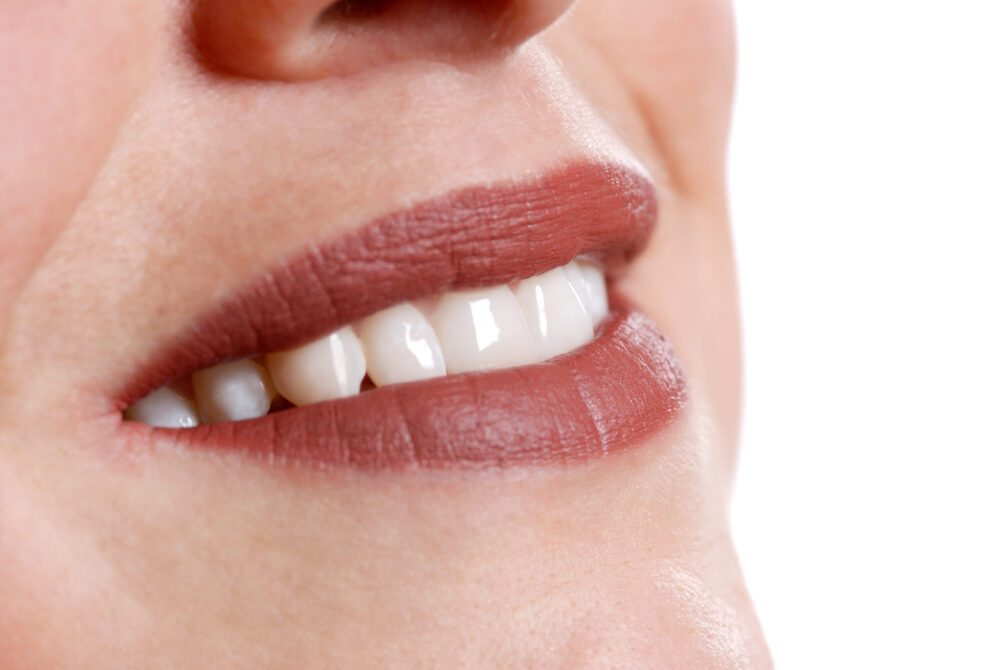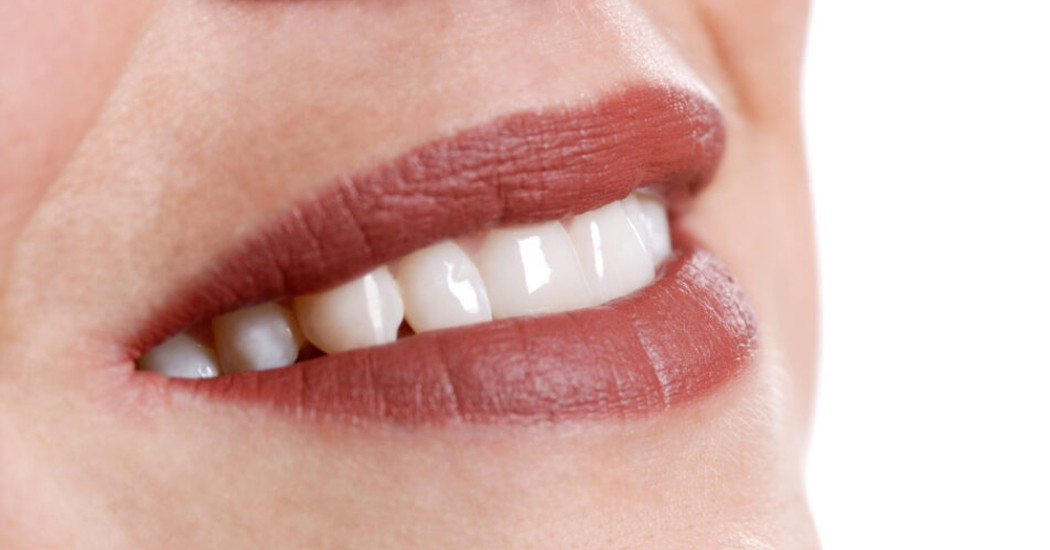Popular Services
-
#Monday-Saturday #09:00-21:00
'1. For dental crowns Turkey offers great options for high quality treatments and competitive price ''

Heather

Crowns Turkey
Crowns made with zirconia, or zirconium provide a strong and esthetic upgrade from previous versions of Porcelain Fused to Metal or PFM crowns. The primary advantage that we can see with Zirconia Crowns is that they are milled from a scan as opposed to cast from an impression. The accuracy and fit is much superior, and the esthetic advantage over metal core crowns is incredible.
Cracks and yellow stains are the common issues of many people and there are different solutions for different case to fix this. Golden Smile Dent offers high quality crowns in Turkey which is done by dedicated dentists who have experience only cosmetic dentistry over 20 – 30 years.
‘’For dental crowns Turkey offers great options for high quality treatments and competitive price ‘’
When Are Zirconia Crowns Recommended?
- Zirconia crowns are utilized for aesthetic reasons to have a perfect smile
- To cover or replace teeth with severe discoloration resistant to ‘tooth whitening’ procedures
- As a treatment for genetic tooth replacement.
- To correct for ‘diastema,’ or crooked teeth, as an alternative to orthodontic treatment
- To restore teeth with caries or that have been previously filled
- To restore a deformed tooth
- Can be used as a bridge or veneer for molars
- As a front denture fixed to an implant, or implants
How Long Will a Zirconia Crown Last?
Zirconia crowns can last for many long years and They rank among the strongest and most durable tooth crowns.
‘’If it’s 100% Zirconia, they are almost impossible to break. If it’s porcelain fused to Zirconia, the porcelain can break if it’s not thick enough. You should be careful about low price crowns if you want durability’’
In How Many Sessions Does Zirconia Crown Treatment End?
The treatment, which starts with abrasion of the teeth and impression in the clinical environment, is usually completed in 3 or 4 sessions with the infrastructure rehearsal and colour selection, polishing and bonding with the dental prosthesis laboratory.
During the treatment period, temporary coatings are attached free of charge to allow you to chew on aesthetics and function and against possible sensitivities.
How to Care for Zirconia Crown?
In zirconia crowns, it is necessary to brush regularly just like one’s own teeth and to provide oral hygiene continuously by using dental floss. Coatings envelop the gum like a collar. In this case, zirconium coatings have no effect such as odor and tooth decay under normal conditions.

However, one thing that should never be forgotten is that teeth are living tissues. Over time, erosions and gingival recessions can be seen in proportion to the age of the person. In such cases, there is no change in zirconium crowns, but it may be necessary to adapt according to the changed texture.
What Are the Benefits of Zirconia Crown?
Preservation of the original tooth
Other types of crowns placed to protect natural teeth may require removal of a portion of the tooth to ensure an optimal fit. Other, otherwise healthy teeth surrounding the crowned tooth may also need to be prepared before the crown can be placed. With zirconia crowns, not as much of the natural tooth needs to be removed. This means that the natural, healthy teeth are much better preserved, which can contribute greatly to overall dental health. Preserving the natural tooth is often the dentist’s priority.
Better stain resistance
Zirconia is much more resistant to staining than ceramic or acrylic crowns. This is important for dental patients for whom a natural-looking smile is a priority. It resists discoloration from coffee, tea, wine and nicotine. Crown color adjustment may be necessary over time as natural teeth change due to discoloration or age, or as they lighten to a much lighter shade.
Increased strength and durability
One of the greatest challenges in the dental field is the use of biocompatible materials that can withstand the pressure of chewing. Zirconia offers much greater strength than porcelain, up to five times greater than porcelain and other types of crowns. This makes zirconia a good choice for dental patients who have had crowns made of other materials fracture, crack or otherwise break in the past. Patients who bite their nails or grind their teeth, whether consciously or while sleeping, may find that the stability of crowns is compromised. Zirconia is better able to withstand these stresses, which means fewer additional reconstructions will be needed on these dentures in the future.
Natural appearance
While the color and translucency of zirconia give it a much more natural appearance, allowing it to blend in well with natural teeth, it is not always a good choice for teeth that are highly visible. It is better suited for teeth that are further back in the mouth, unless it is coated with porcelain to create a seamless look that better matches the front teeth. This improved esthetic is something dental patients will appreciate every time they smile broadly.
Hypoallergenic properties
Zirconia offers high compatibility with the human body, which is why this material can be used in a number of medical applications. The likelihood of a patient having an allergic reaction to zirconia is much lower, which of course helps to prevent potential rejection. Some patients are sensitive to certain metals and materials. Infection or rejection can lead to pain, infection, and additional tooth or jawbone loss. Zirconia crowns are metal-free and have a biocompatible composition that is well tolerated even by patients with the highest sensitivity.
Easy to modify
Zirconia is easy to modify, shape as you need, and can be recolored to perfectly match existing natural teeth if the coloring needs to be changed. This also means that the patient gets a perfect comfort and bite.
Temperature resistance
The ability to better withstand hot and cold temperatures can help prevent hypersensitivity that is common with other crowns. Zirconia crowns have low thermal conductivity and do not transmit extreme temperature fluctuations like other crowns. This means there is less risk of discomfort in the patient’s mouth when eating ice-cold treats or drinking hot beverages.